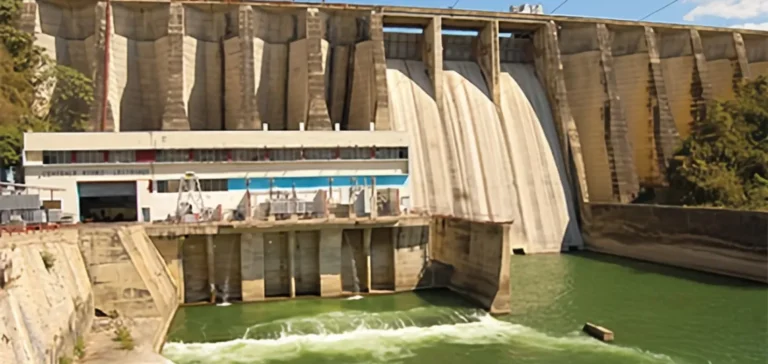Haiti’s capital, Port-au-Prince, has lost electricity following a forceful intervention by residents of Mirebalais at a nearby hydroelectric plant. This abrupt shutdown comes in response to what protestors describe as a lack of concrete government actions against the growing influence of armed gangs throughout the country. According to recent United Nations (UN) estimates, escalating violence has displaced approximately 1.3 million people over the past six months. Haitian authorities have not yet publicly commented on this specific incident.
Incident in Mirebalais
Local media reported that residents of Mirebalais, located north of the capital, entered the hydroelectric plant on Tuesday afternoon, causing a disruption in regional power supply. Images and videos shared on social media, which Reuters has not immediately been able to verify, show protestors entering the facility and dismantling an electric transmission tower. Earlier in the day, a confrontation between security forces and armed gangs reportedly occurred in Mirebalais, during which a captured security vehicle was allegedly set on fire.
Local media emphasized this is the second significant incident involving the same hydroelectric plant in recent months. In May, interim Prime Minister Alix Didier Fils-Aime promised rapid action to prevent similar occurrences, yet these announcements have not led to tangible outcomes. The current transitional government appears unable to stem violence or restore public order effectively.
Tense political context
Since the assassination of President Jovenel Moïse in 2021, Haiti has been mired in a prolonged political stalemate, governed by a transitional administration amid an escalating security crisis. Facing this critical situation, a security mission led by Kenya and supported by the UN is struggling to restore order nationwide. International leaders now advocate for establishing a formal UN peacekeeping mission.
The United States and Colombia recently discussed the possibility of deploying troops via the Organization of American States (OAS). However, no definitive decision has yet been announced. This latest disruption in Mirebalais underscores the persistent instability and highlights the increasing difficulty faced by the Haitian government to restore order, considered critical by international observers.






















